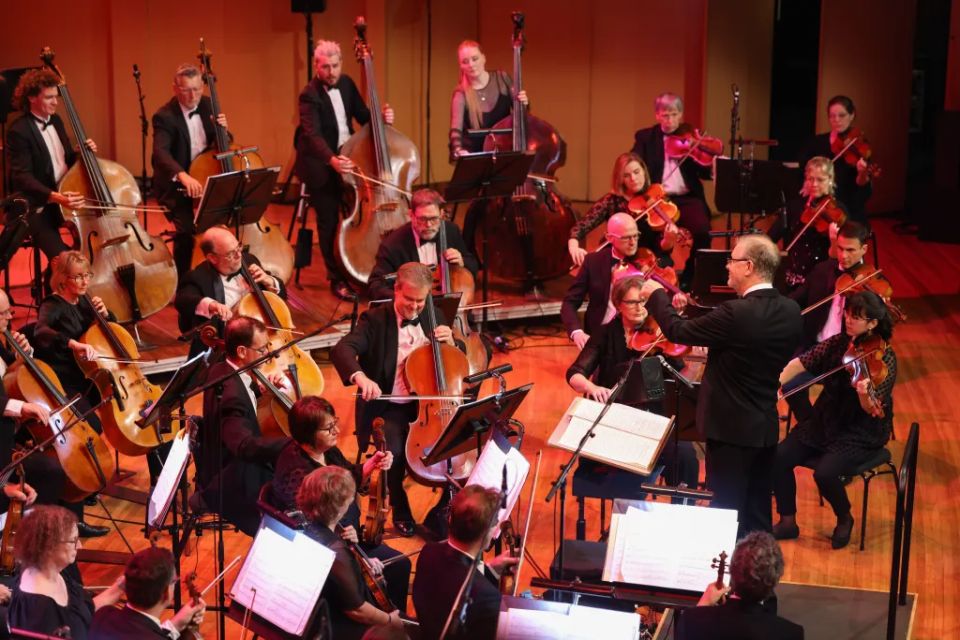The Assembly: How a Groundbreaking Aussie TV Show is Changing the Interview Game

Forget everything you know about traditional interviews. 'The Assembly', the show taking Australia by storm, is doing things differently. Featuring a panel of brilliant neurodivergent and learning-disabled individuals, this no-rules interview show is challenging conventions and delivering genuinely insightful conversations. As football legend Gary Lineker becomes the latest guest to face the panel's unique questioning style, The Australian's Ellie Muir delves behind the scenes, speaking with the show's producers about the incredible journey of bringing this groundbreaking series to life.
A Fresh Perspective: Why 'The Assembly' is Different
The premise is simple, yet revolutionary: a panel of individuals with lived experience of neurodiversity and learning disabilities puts a high-profile guest through their paces. There's no script, no pre-determined questions, just honest, unfiltered conversation. This approach, the producers explain, is designed to bypass the usual PR spin and get to the heart of who these guests really are.
“We wanted to create a space where people could be truly seen and heard,” says producer Sarah Chen. “The traditional interview format can be quite performative. We felt that by bringing in a panel with diverse perspectives and lived experiences, we could unlock a different level of honesty and vulnerability.”
The panel members themselves are integral to the show's success. Each brings a unique set of skills and insights, and their questions often cut through the noise to reveal surprising truths. They aren’t afraid to challenge assumptions and push guests beyond their comfort zones – a refreshing change from the often-gentle grilling of mainstream interviews.
The Making of a Revolution: Challenges and Triumphs
Creating 'The Assembly' wasn't without its challenges. Finding the right panel members, ensuring accessibility and inclusivity, and navigating the sensitivities of discussing neurodiversity with such openness required meticulous planning and a commitment to ethical production.
“It was crucial that we involved the panel in every stage of the process, from shaping the format to reviewing the final edits,” explains producer David Lee. “We wanted to ensure that their voices were not just heard, but that they felt empowered and respected throughout.”
The team also worked closely with disability advocacy groups to ensure the show was accessible to a wide audience. Captioning, audio descriptions, and sign language interpretation are all integrated into the broadcast.
Gary Lineker's Experience: A Glimpse Behind the Icon
Gary Lineker's recent appearance on 'The Assembly' has already generated significant buzz. Known for his quick wit and easy charm on the football pitch and in the studio, Lineker found himself facing questions that went far beyond his sporting achievements. The panel explored his childhood, his family life, and his perspectives on fame and fortune, offering viewers a rare glimpse behind the public persona.
“It was a really insightful and thought-provoking interview,” Lineker commented after the show aired. “The panel’s questions were challenging, but in a good way. It made me think about things in a different light.”
The Future of Interviewing?
‘The Assembly’ is more than just a TV show; it’s a cultural moment. It's sparking conversations about neurodiversity, challenging the norms of media representation, and demonstrating the power of diverse voices. Whether this format will become the new standard for interviewing remains to be seen, but one thing is clear: ‘The Assembly’ has changed the game, and its impact will be felt for years to come. It’s a testament to the power of authentic storytelling and the importance of creating space for everyone to share their perspectives.






